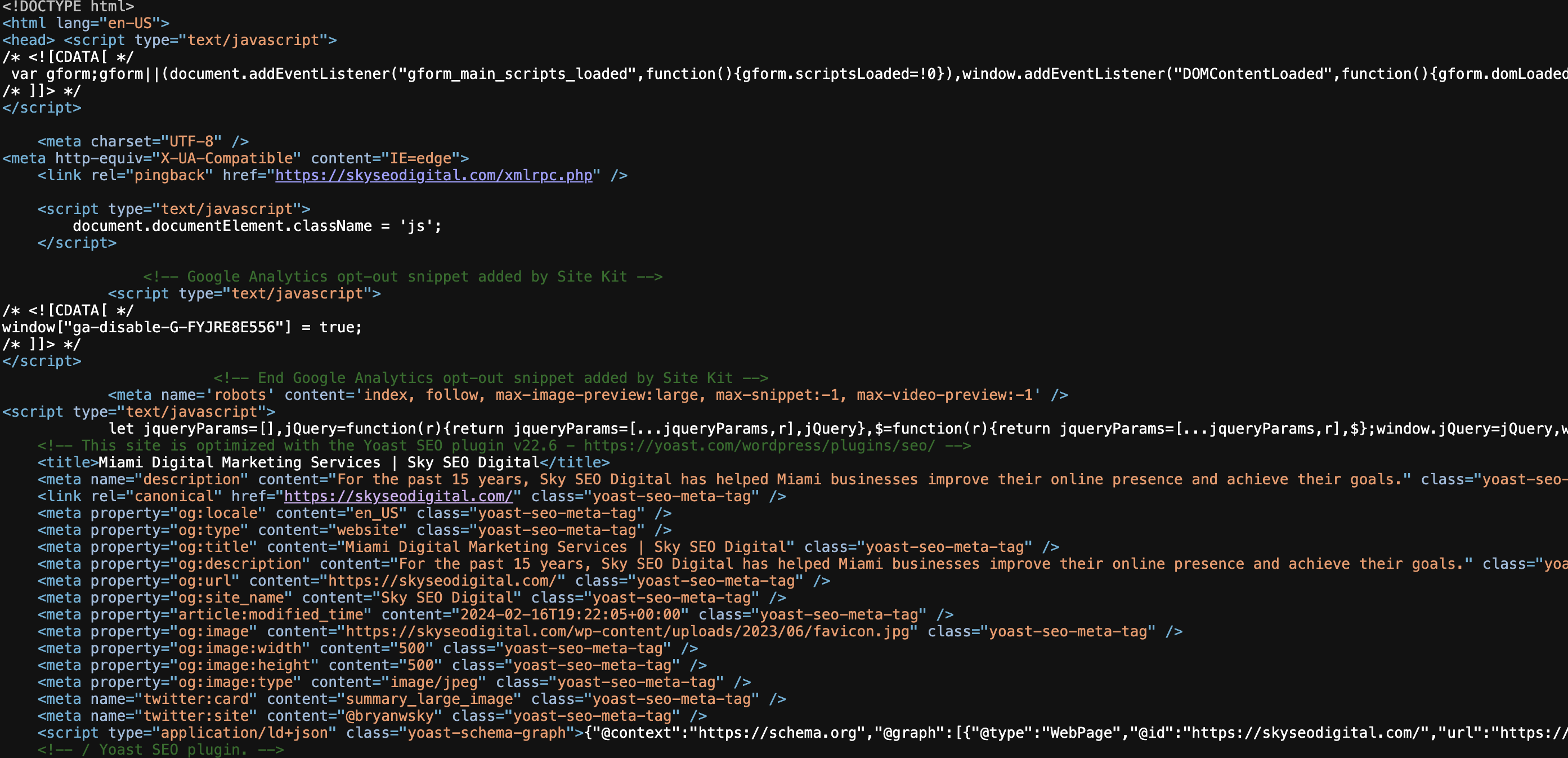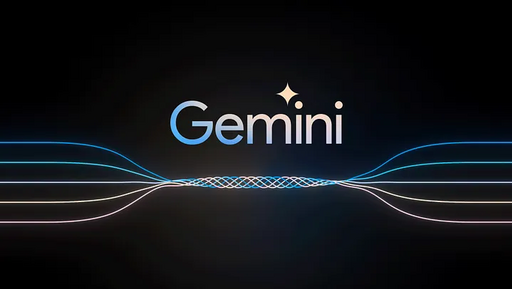Optimize your website’s SEO with these key HTML meta tags to enhance your search snippets, attract more traffic, and elevate your site’s visibility.
1. Title Tags
Overview: The title tag is the cornerstone of your page’s SEO. It appears as a clickable headline in search results and across social networks.
Example: <title>10 Essential Meta Tags for SEO Success</title>
Best Practices:
- Create unique titles for each page that succinctly describe its content.
- Keep titles within 50-60 characters to avoid truncation.
- Place relevant keywords at the beginning naturally.
- Include your brand name where possible.
Pro Tip: Use engaging titles to draw attention and enhance click-through rates. Title tags also function as browser tab titles, which can be customized to attract users.
2. Meta Description Tags
Overview: Meta descriptions are brief summaries that appear in search snippets, influencing users’ click decisions.
Example: <meta name="description" content="Learn how to optimize HTML meta tags to boost SEO and traffic." />
Best Practices:
- Write unique descriptions for each page reflecting its value.
- Limit descriptions to around 150-160 characters.
- Incorporate significant keywords but avoid stuffing.
- Add a call-to-action or unique proposition to entice clicks.
Pro Tip: Craft descriptions with search intent in mind. For example, if selling products, emphasize freshness or a compelling CTA.
3. Heading Tags (H1-H6)
Overview: Heading tags (H1-H6) define sections of content, helping search engines and users understand the structure.
Best Practices:
- Align headings with the corresponding content.
- Use H1 for the main heading, and subheadings progressively down to H6.
- Keep headings natural and avoid keyword stuffing.
Pro Tip: Ensure your H1 and title tag are aligned for clarity.
4. Image Alt Attributes
Overview: Alt text describes images to enhance accessibility and assist search engines in understanding their context.
Example: <img src="coffee.jpg" alt="Roasting coffee beans" />
Best Practices:
- Optimize alt text for important images like products and infographics.
- Provide clear, descriptive alt text with relevant keywords.
Pro Tip: Add alt text to pages with minimal content beyond images for improved SEO.
5. Nofollow Attributes
Overview: Nofollow attributes guide search engines not to follow specific links, preventing link equity transfer.
Example: <a rel="nofollow" href="https://example.com">Example</a>
Best Practices:
- Use nofollow for untrusted, paid, or user-generated content links.
- Apply to links like ‘Sign in’ that waste crawl budget.
Pro Tip: Use rel=“sponsored” for paid links and rel=“UGC” for user-generated content.
6. Robots Meta Tag
Overview: Robots meta tags control search engine indexing and link crawling on a page.
Best Practices:
- Block pages with thin content or that are unfinished.
- Close pages that waste crawl budget or need controlled access.
Pro Tip: Ensure you don’t accidentally noindex important pages.
7. rel=”canonical” Link Tag
Overview: The canonical tag indicates the preferred version of duplicate pages to search engines.
Example: <link rel="canonical" href="https://example.com/preferred-page" />
Best Practices:
- Canonicalize pages with similar content or multiple URLs.
- Use carefully; if pages differ significantly, search engines may ignore the tag.
8. Schema Markup
Overview: Schema markup organizes page data for better search engine understanding, enhancing visibility.
Best Practices:
- Study relevant schemas and map concepts to your pages.
- Test markup thoroughly to ensure accuracy.
Pro Tip: Use schema markup to stand out in SERP features, such as recipes or product listings.
9. Social Media Meta Tags
Overview: Open Graph (Facebook) and Twitter cards let you customize how links appear on social media.
Best Practices:
- Add metadata like
og:title,og:url,og:description, andog:image. - Set up Twitter cards and validate them.
10. HTML5 Semantic Tags
Overview: HTML5 tags help search engines better interpret your content, replacing generic <div> elements.
Best Practices:
- Use specific tags like
<article>,<header>,<nav>, and<footer>appropriately. - Accurately mark up your content to improve indexing and ranking.
Fundamental to SEO Success
Meta tags remain fundamental to SEO success, providing search engines with structured information about your content. By staying updated with best practices and evolving tags, you ensure your content is optimized for both search engines and users, boosting visibility and rankings. Find more insights here.








